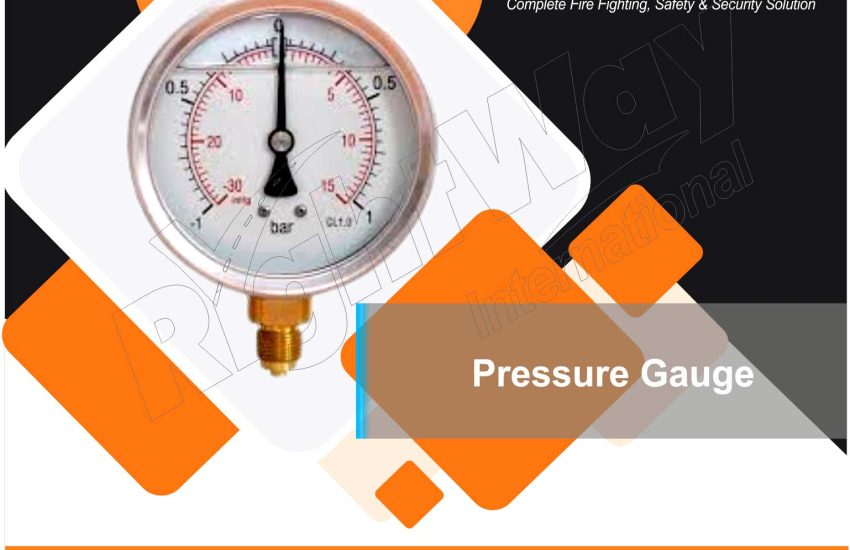Pressure Gauge are vital instruments used across various industries to measure and monitor the pressure of gases or liquids within systems. This article explores the types, features, benefits, and common applications of pressure gauges.
What is a Pressure Gauge?
A pressure gauge is a device that measures the pressure of a fluid (liquid or gas) and displays the reading on a dial or digital screen. These instruments help ensure that systems operate within safe and efficient pressure levels, preventing equipment failure and enhancing performance.
Key Features
- Types of Gauges: Pressure gauges come in various types, including analog (mechanical) and digital (electronic), each suitable for different applications.
- Measurement Range: Gauges are available with various measurement ranges, allowing them to accurately measure low, medium, or high pressures.
- Dial Size and Visibility: Many gauges feature large, easy-to-read dials or digital displays for improved visibility, even in challenging environments.
- Materials and Construction: Pressure gauges are made from durable materials such as stainless steel, brass, or plastic, designed to withstand harsh conditions.
- Connection Types: Different connection options, such as threaded, flanged, or sanitary fittings, ensure compatibility with various systems.
Benefits of Pressure Gauges
- Operational Safety: By monitoring pressure levels, gauges help prevent dangerous overpressure conditions, protecting equipment and personnel.
- System Efficiency: Accurate pressure readings enable operators to optimize processes, improving overall system efficiency and performance.
- Preventive Maintenance: Regular monitoring of pressure can help identify potential issues before they lead to equipment failure, facilitating timely maintenance.
- Compliance: Many industries require pressure monitoring to comply with safety regulations and standards, making gauges essential for legal compliance.
- Versatility: Pressure gauges are used in diverse applications, from manufacturing and HVAC systems to automotive and medical devices.
Applications
- Industrial Settings: In manufacturing, pressure gauges monitor pressure in boilers, compressors, and hydraulic systems.
- HVAC Systems: Gauges help regulate pressure in heating, ventilation, and air conditioning systems, ensuring optimal performance.
- Automotive: Pressure gauges are essential for monitoring tire pressure, oil pressure, and fuel pressure in vehicles.
- Medical Devices: In healthcare, pressure gauges are used in equipment such as blood pressure monitors and anesthetic machines.
- Water Supply Systems: Municipal water systems utilize pressure gauges to monitor pressure levels, ensuring adequate supply and preventing leaks.
Conclusion
Pressure gauges are essential tools for monitoring and managing pressure within various systems. Their ability to provide accurate readings enhances safety, efficiency, and compliance across numerous industries. By investing in quality pressure gauges, businesses can improve operational performance and safeguard their equipment and personnel.


